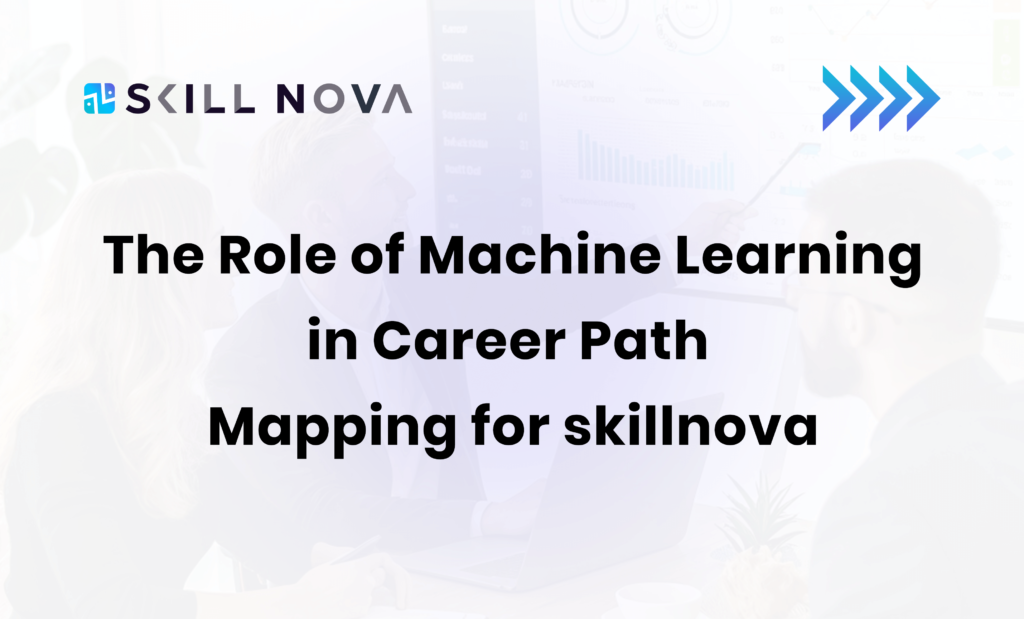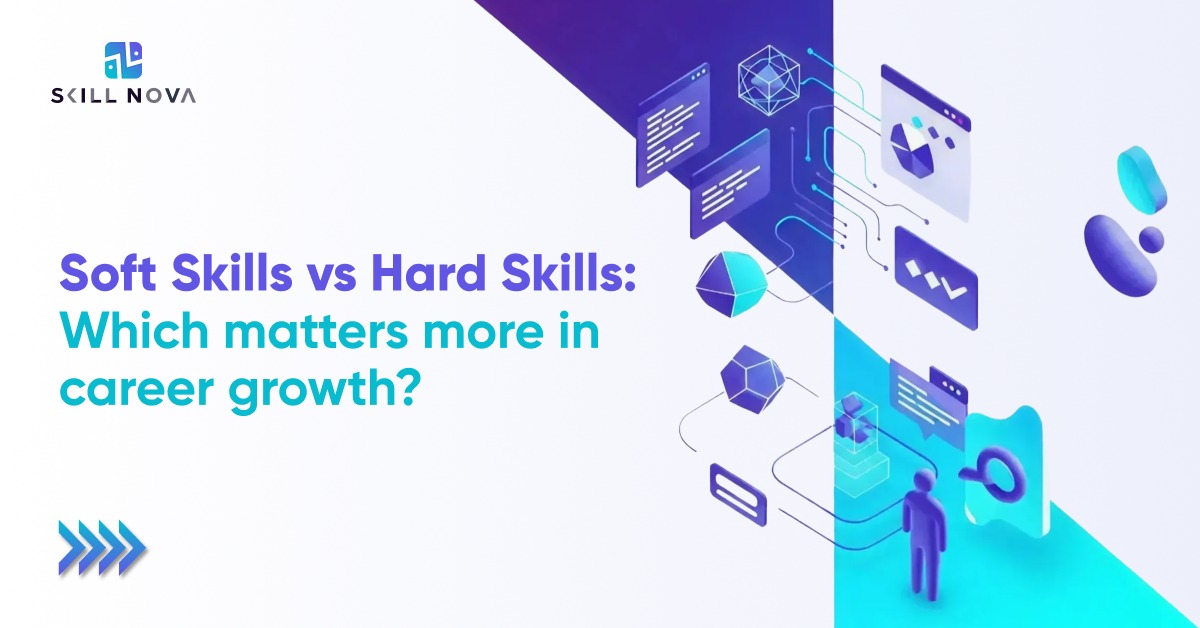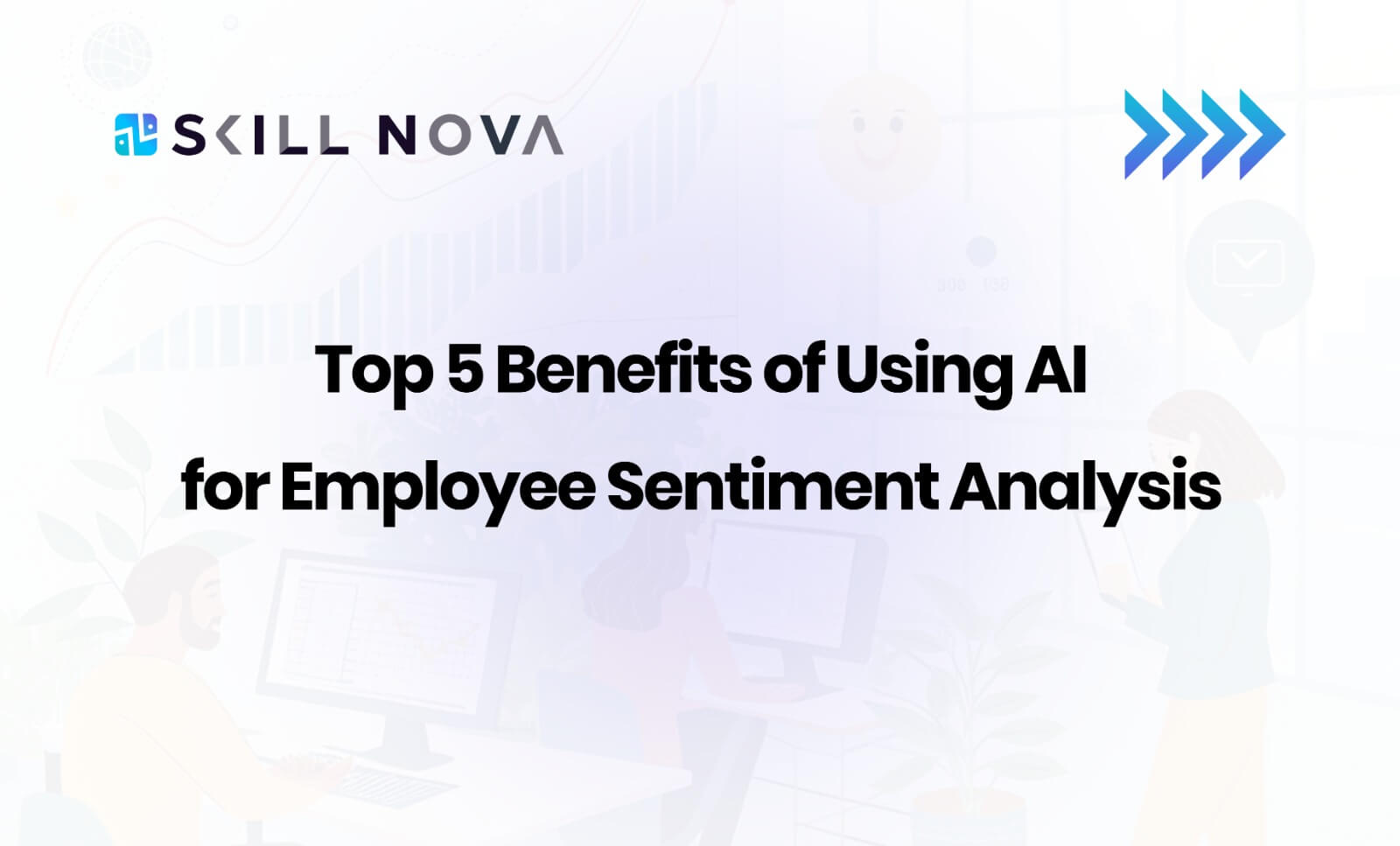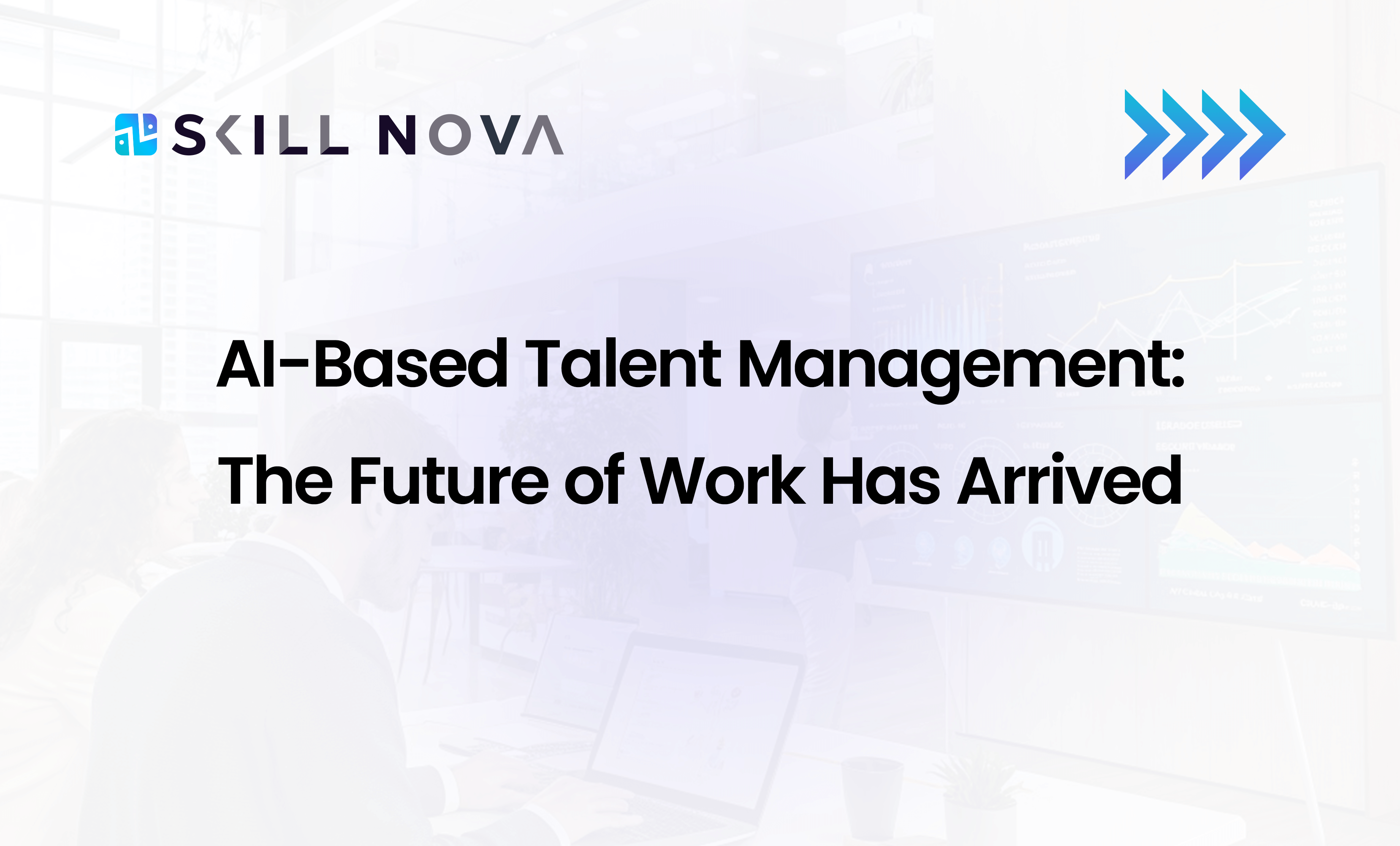The modern professional landscape is rapidly evolving, and the role of machine learning in career path mapping is reshaping how individuals plan their careers. As demand grows for personalized, data-driven guidance, machine learning offers deep insights into optimal career trajectories and professional growth.
Table of Contents
ToggleUnderstanding Career Path Mapping in the Digital Age
Career pathway mapping once relied on generic advice and standardized tools. Today, the role of machine learning in artificial intelligence has transformed it into a data-driven, personalized process. ML-powered systems analyze individual skills, experiences, and market trends to deliver tailored career roadmaps, uncovering patterns and insights beyond human capability.
The Expanding Machine Learning Job Market
The demand for machine learning expertise continues to surge across industries. SkyQuest Research offers a slightly longer-term view, projecting the machine learning market to grow from about $48 billion in 2023 to over $678 billion by 2032, with a CAGR of around 34.2%. This explosive growth underscores the critical importance of understanding how to develop a career pathway map in this rapidly expanding field.

Source: SkyQuest Research. CAGR ~34.2%, 2023–2032.
A February 2025 LinkedIn search for “machine learning engineer” showed 2,800+ openings at companies like Amazon, TikTok, Pinterest, and Ford, highlighting strong demand. This broad hiring trend shows the career path in machine learning spans nearly every industry.
How Machine Learning Transforms Career Path Discovery
Personalized Skill Gap Analysis
The role of machine learning in career development begins with sophisticated skill assessment capabilities. By analyzing data from job listings, industry trends, and salary reports, it creates detailed skill maps to guide targeted development.
Dynamic Career Trajectory Modeling
ML algorithms analyze career paths across industries to model flexible, data-driven trajectories. These adaptive models reveal non-linear progressions and adjust to evolving roles, skills, and market shifts.
Real-Time Market Intelligence
Machine learning delivers up-to-date insights on job trends, salaries, and in-demand skills. This empowers professionals to make strategic, forward-looking career decisions based on real-time data and future forecasts.
Key Applications of Machine Learning in Career Development
Intelligent Matching Systems
Modern career platforms use machine learning to match professionals with the right opportunities by analyzing skills, experience, and goals, far beyond basic keyword matching. These systems learn from past successes to improve accuracy over time.
Predictive Career Analytics
Machine learning enables forecasts of career outcomes based on current decisions and market trends, helping users make informed choices. It identifies patterns in historical data linked to long-term success and satisfaction.
Automated Learning Path Generation
AI-driven tools create personalized learning paths aligned with individual goals, preferences, and constraints. These paths guide skill development and career progression through tailored, actionable plans.
The Evolution of Career Pathway Mapping
The traditional approach to career pathway mapping involved manual processes that were time-intensive and often subjective. Human career counsellors, while valuable, could only process limited amounts of information and were subject to personal biases. The integration of machine learning has transformed this landscape by introducing objectivity, scalability, and continuous improvement capabilities.
Modern platforms like Skillnova combine human insight with AI to deliver personalized, adaptive career guidance. These systems continuously learn from user feedback and success metrics, refining recommendations to stay aligned with evolving industries and individual goals.
Industry-Specific Applications
Technology Sector Career Mapping
The technology industry presents unique challenges for career path mapping due to its rapid pace of change and emergence of new roles. Machine learning algorithms can track the evolution of technology careers, identifying emerging specializations and skill requirements. For professionals seeking to develop a career pathway map in technology, these systems provide invaluable insights into future opportunities and required competencies.
Healthcare and Life Sciences
In healthcare, machine learning is revolutionizing career path mapping by analyzing the complex relationships between clinical roles, research opportunities, and administrative positions. The interdisciplinary nature of healthcare careers requires sophisticated analysis to identify optimal pathways for professional growth.
Financial Services Evolution
The financial services industry is undergoing significant transformation due to fintech innovations and regulatory changes. Machine learning helps professionals in this sector navigate evolving career landscapes by identifying emerging roles in areas like algorithmic trading, risk analytics, and digital banking.
Challenges and Considerations
Data Quality and Bias
The effectiveness of machine learning in career path mapping depends heavily on the quality and representativeness of training data. Historical career data may reflect past biases and limitations that could perpetuate existing inequalities. Addressing these challenges requires careful attention to data sources and ongoing monitoring of algorithmic outcomes.
Privacy and Security Concerns
Career path mapping involves processing sensitive personal and professional information. Organizations implementing machine learning solutions must ensure robust privacy protections and transparent data usage policies. The role of machine learning must be balanced with individual privacy rights and data security requirements.
Human Element Integration
While machine learning provides powerful analytical capabilities, the human element remains crucial in career development. Effective career path mapping systems combine algorithmic insights with human judgment, mentorship, and emotional support. The goal is not to replace human guidance but to enhance it with data-driven insights.
Future Trends and Developments
Advanced Natural Language Processing
The integration of advanced natural language processing capabilities will enable more sophisticated analysis of career-related text data, including job descriptions, performance reviews, and professional communications. This will provide deeper insights into career requirements and success factors.
Augmented Reality Career Exploration
Emerging technologies like augmented reality will create new possibilities for career exploration and planning. Machine learning will power these immersive experiences by personalizing virtual career environments based on individual preferences and goals.
Blockchain-Verified Credentials
The combination of machine learning with blockchain technology will create new possibilities for credential verification and skill authentication. This will enhance the accuracy of career path mapping by providing verified data about professional competencies and achievements.
The Economic Impact
NASDAQ predicts the AI and machine learning industries will reach $20 billion by 2025, driving the Nasdaq Composite Index’s recent highs. Leading stocks like NVIDIA, Microsoft, Alphabet, Meta, and AMD are expected to continue strong growth, with NVIDIA leading in AI hardware and software.

The strong market performance of AI-driven companies highlights the growing value of machine learning skills for career advancement. Effective career path mapping not only benefits individuals but also boosts organizational productivity and national competitiveness by aligning talent with market needs.
Conclusion
Machine learning is transforming career path mapping by enabling personalized, data-driven professional development. Through predictive analytics, pattern recognition, and continuous learning, individuals can better optimize their career trajectories.
The future of career growth lies in blending human insight with the role of machine learning. Those who embrace this shift. Whether in tech, healthcare, or finance, you will be better prepared to navigate an increasingly complex job market.
As AI tools advance and become more accessible, they will democratize high-quality career guidance and unlock new opportunities across industries. Embracing the role of machine learning is no longer optional; it’s essential for long-term success in the digital age.

















